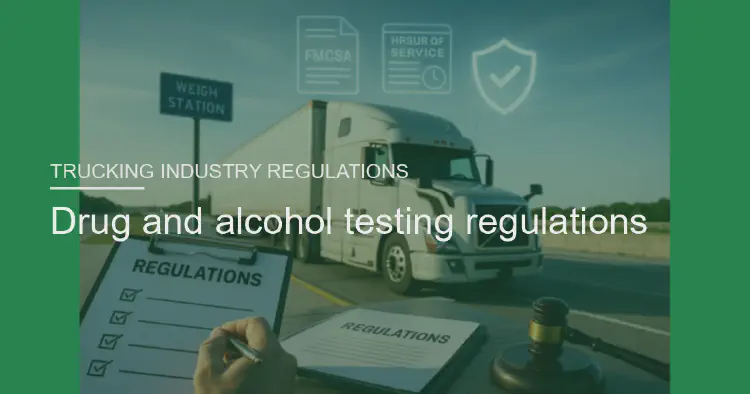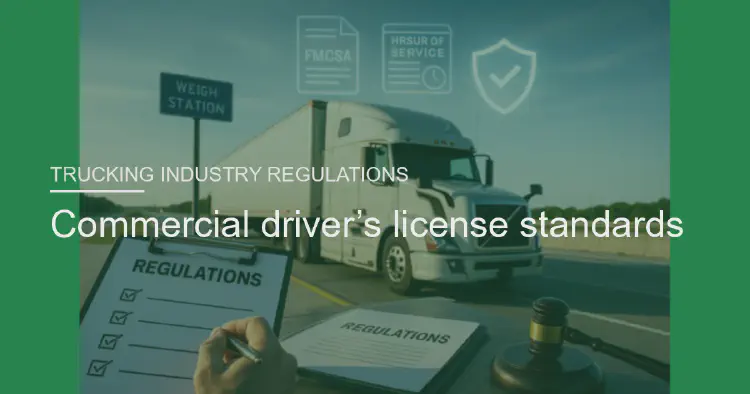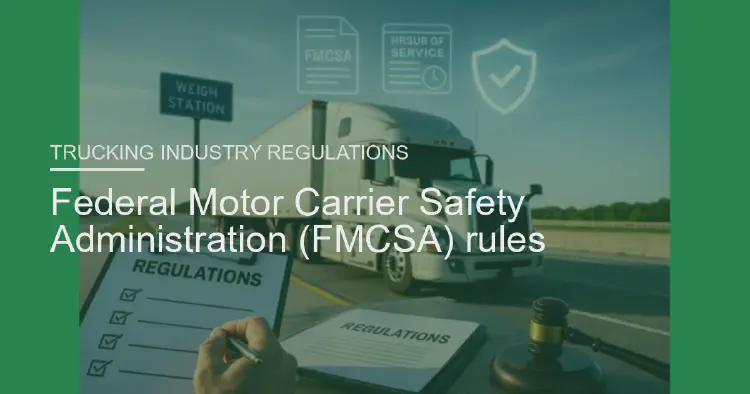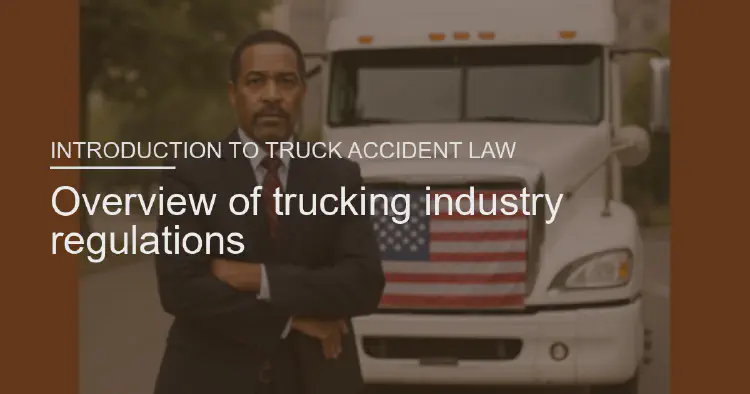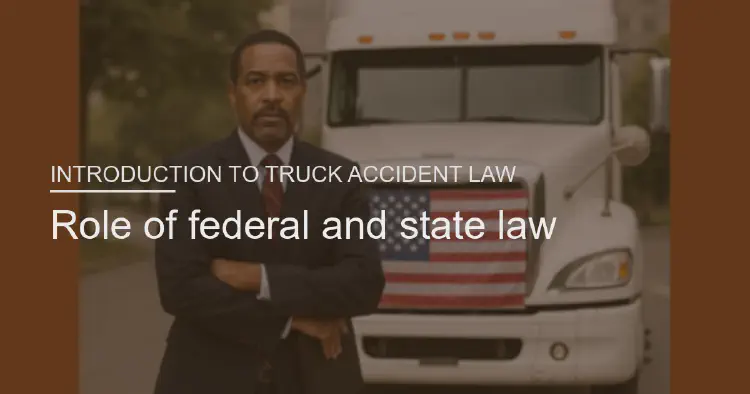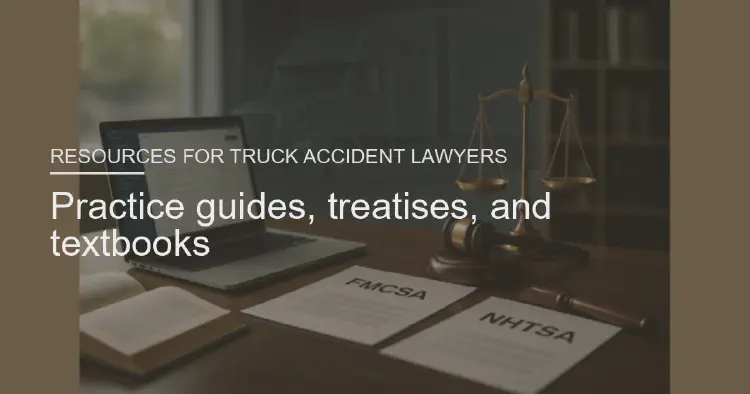
Practice guides, treatises, and textbooks
In addition to databases and online resources, truck accident lawyers rely on authoritative practice guides, treatises, and textbooks that provide in-depth analysis, litigation strategies, and regulatory context.
